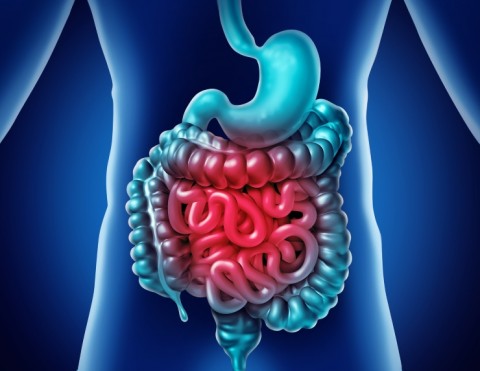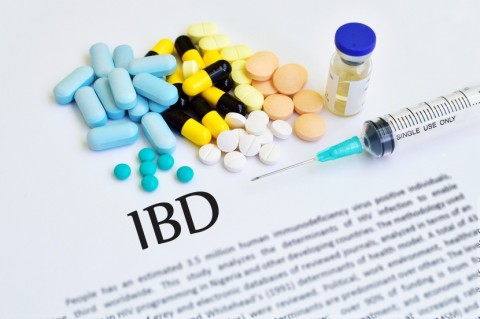DrCarney.com Blog
Cigarette smoking may edge an individual on the path to developing inflammatory bowel disease.
Imbibing the habit of consuming a Western diet may set an individual on the path to developing inflammatory bowel disease, such as ulcerative colitis and Crohn's disease.
The likelihood of being diagnosed with ulcerative colitis may be high among consumers of meaty diets.
Can regular consumption of fruits and vegetables help to reduce the risk of developing inflammatory bowel disease? The results of a study conducted by a team of researchers from China attempts to provide the answer to this question. According to the study published in the European Journal of Gastroenterology and Hepatology, people eating diets...
Women who are cigarette smokers are more likely to develop inflammatory bowel diseases, such as ulcerative colitis and Crohn's disease, than those who have never smoked a stick of cigarette.
Adequate intake of foods high in dietary fiber may help guard against the development of inflammatory bowel diseases, such as ulcerative colitis and Crohn's disease.
Inflammatory Bowel Disease is the term used to describe both Crohn's Disease and Ulcerative Colitis. Crohn's Disease and Ulcerative Colitis are disorders of the gastrointestinal tract that cause prolonged inflammation of the gut. The gut is comprised of the mouth, esophagus, stomach, small intestine, large intestine, and anus. While ...
Adequate intake of fruits, fiber, and vegetables may help protect individuals from inflammatory bowel diseases, such as ulcerative colitis and Crohn’s disease.
High consumers of fruits and vegetables are less likely to develop inflammatory bowel diseases, such as ulcerative colitis and Crohn’s disease.
Individuals who consistently consume large amounts of trans-unsaturated fats are highly vulnerable to ulcerative colitis.
It is believed that as many as 1.4 million Americans suffer with inflammatory bowel disease (IBD). Symptoms can include diarrhea, constipation, bowel urgency, stomach pain, cramping, bloating, bloody stools, fatigue, loss of appetite, weight loss, skin problems, fever, and anemia. The disease typically has times of remission where people with IBD experience a near normal life...






